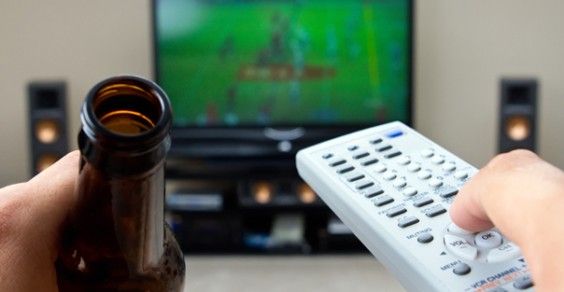That second cupcake is A-OK if we hit the gym later… right? Well, not so fast. New research suggests exercise might not bethe key to weight loss
The Study
Herman Pontzer and a team of Hunter College anthropologists compared daily energy expenditures in the Hadza (a modern hunter-gatherer tribe in Africa) and Western populations, who had much more sedentary lifestyles
Sound strange? Apparently humans burn roughly the same amount of energy every day no matter what kind of physical exercise we do. Instead, the researchers think the Hadza people’s bodies were able to spend extra energy on physical activity by conserving energy elsewhere, like on biological processes that take place inside cells. Based on these results, researchers say people who want to lose weight should focus more on how many calories they consume and less on how many they burn. And, despite what many health organizations claim, modern sedentary lifestyles might not be the sole cause of the obesity epidemic.
Can We Trust It?
It’s hard to compare the Hadza tribe to modern-day Westerners because their physical activity and diet are so different from the kind we do at the local gym. But that difference may not matter. Pontzer says he has reason to believe humans have been spending roughly the same amount of calories per day today for 100,000 years.
These findings aren’t totally isolated, with other research suggesting exercise interventions generally don’t help people lose weight
But it’s too soon to start mass-cancelling our gym memberships. “Obesity is only one aspect of health,” Pontzer said, adding that exercise can also improve mental health and immune system function. And the concept of a set metabolic rate doesn’t necessarily apply to high-functioning athletes like Michael Phelps, who can burn as many as 8,000 calories a day.
Greatist Expert and cardiologist John Mandrola says neither exercise nor diet holds the solution to obesity: “Truly good health, or wellness, comes only when humans use their body and then feed it smartly each day.”
Has exercise been a weight-loss let down or do you swear by the gym? Share your thoughts in the comments below.

